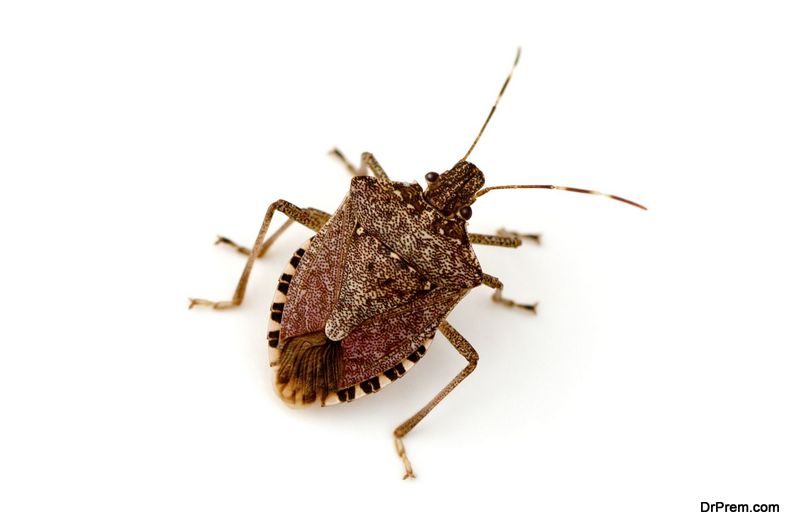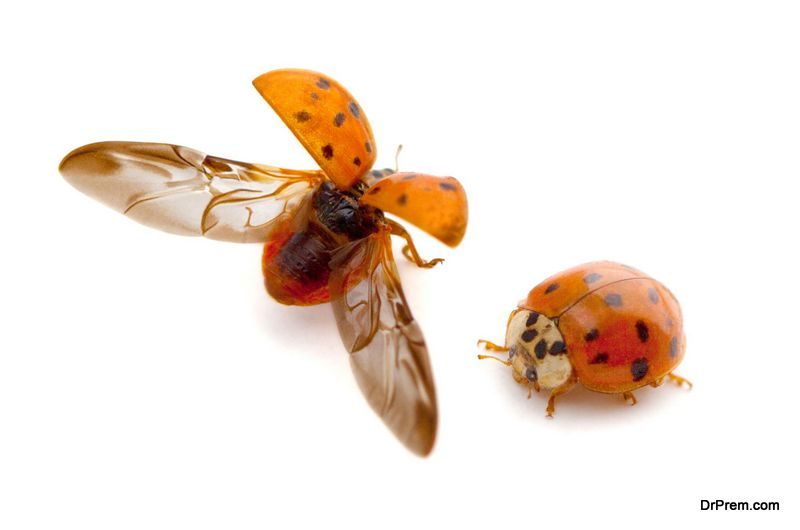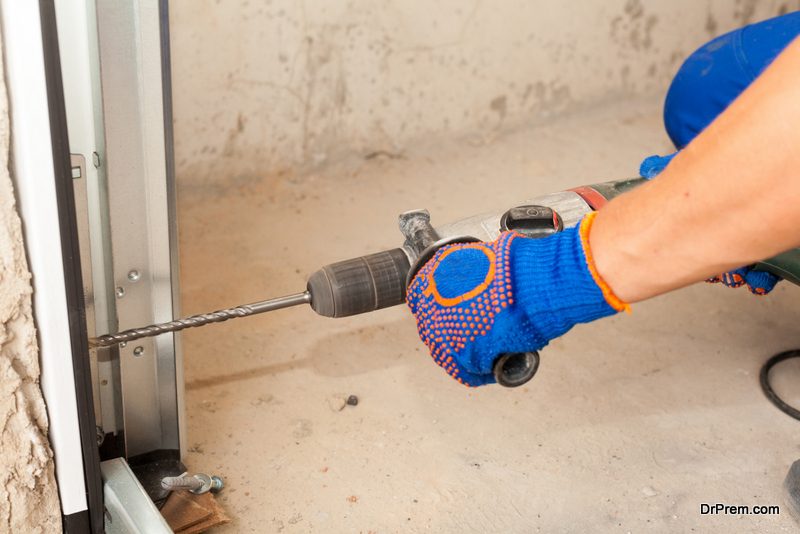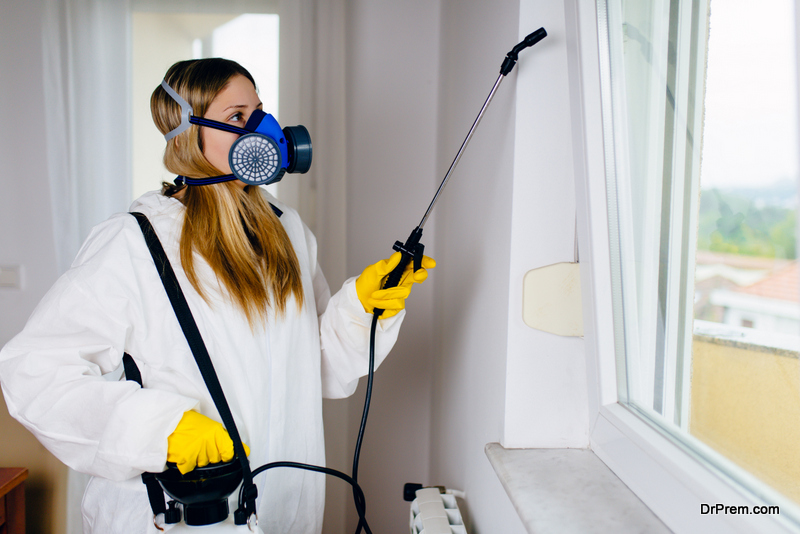As the weather continues to cool down, a variety of pests will begin searching for shelter from the winter chill, often making their home in yours. It is essential to take steps during the fall weather to help prevent pests from invading your home in the colder months.
Pests tend to enter homes to overwinter during the cooler fall months, often going unnoticed. As the weather warms back up in the spring, these pests re-emerge and become active again, revealing larger infestation problems.
By utilizing a few pest-proofing techniques during the fall season, you can prevent the frustration that comes with an invasion of pests during the winter months, while also protecting your family’s health and avoiding the costly structural damage some pests can inflict on your home.
Common Overwintering Pests
There are a variety of overwintering pest to watch out for, some of the most common ones include:
Stink Bugs
 This invasive species from Asia, known as the brown marmorated stink bug, is a pest that has spread quickly throughout the U.S. Much of the stink bug’s lifecycle is spent outdoors but as the weather cools down, they can become a smelly invader, entering homes in large numbers when searching for a place to overwinter.
This invasive species from Asia, known as the brown marmorated stink bug, is a pest that has spread quickly throughout the U.S. Much of the stink bug’s lifecycle is spent outdoors but as the weather cools down, they can become a smelly invader, entering homes in large numbers when searching for a place to overwinter.
Boxelder Bugs
This pest is known to gather on warm spots on buildings before they migrate indoors to overwinter. Boxelder bugs commonly overwinter in insulated cracks and crevices of structures. This pest can discolor fabric with their fecal matter and can bite if handled, which can result in slight skin irritation.
Asian Lady Beetles
 The Asian Lady beetle is a multi-colored species of beetle that can pose a severe risk to the health of humans. This beetle can aggravate asthma and can also cause allergic reactions. The Asian Lady beetle also secretes a foul-smelling, staining yellow liquid.
The Asian Lady beetle is a multi-colored species of beetle that can pose a severe risk to the health of humans. This beetle can aggravate asthma and can also cause allergic reactions. The Asian Lady beetle also secretes a foul-smelling, staining yellow liquid.
Mice
Mice are active all year round and to do not overwinter. As the weather gets colder, mice will make their way indoors to build a nest and gain access to food sources. Mice gnaw incessantly at anything they can find, including electrical wires, causing serious damage to your home. They also pose a threat to sanitary conditions in your home, defecating on food preparation surfaces and contaminating food.
Professional Pest Control for Overwintering Pests
 To keep your home safe from an overwintering pest invasion, be sure to take the following measures:
To keep your home safe from an overwintering pest invasion, be sure to take the following measures:
- Repair torn screens in windows and doors
- Install door sweeps on exterior entrance doors
- Seal cracks with high-quality silicone or silicone-latex caulk
- Fill holes around utilities with steel wool
If you need assistance with pest-proofing your home or if you suspect you have an infestation, contact your local qualified pest control company today. They can evaluate your pest problem and develop an effective pest control plan to keep them at bay.
Article Submitted By Community Writer




